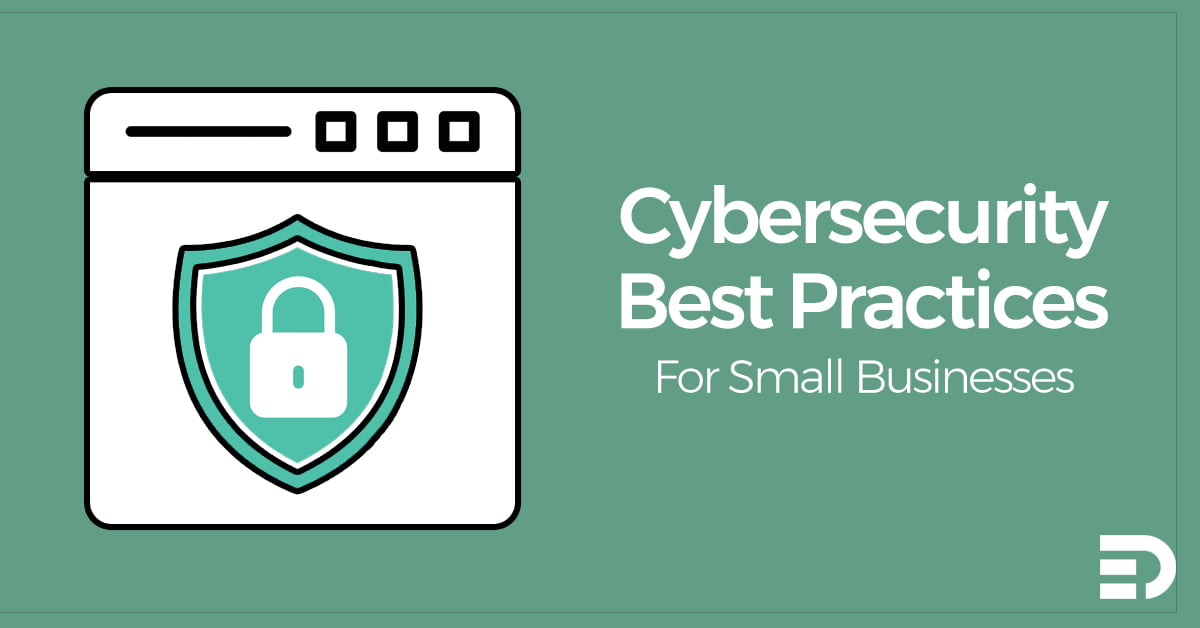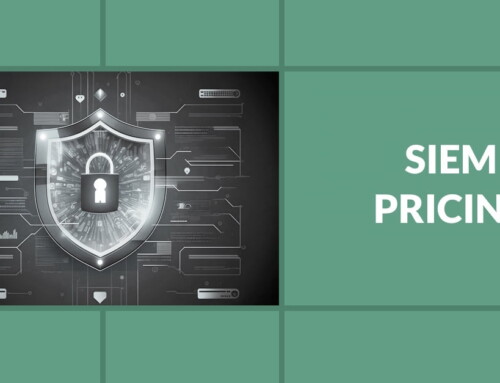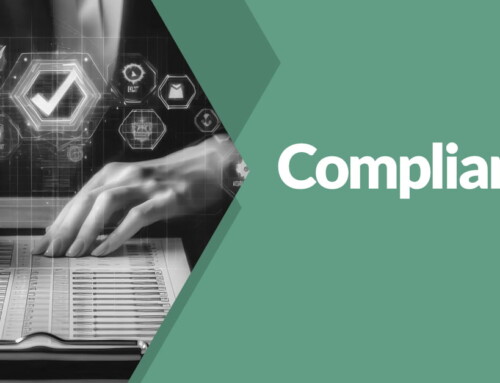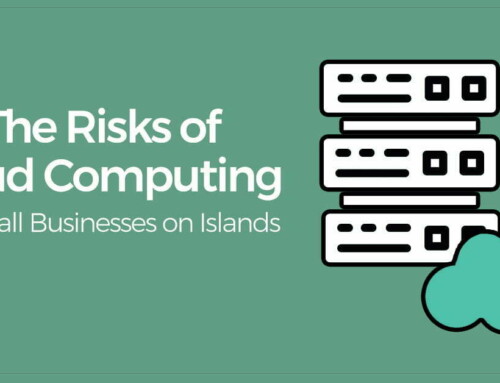Cybersecurity Best Practices for Small Businesses
With the increase of technology use, small businesses in Australia are prime targets for cyber threats. The consequences of a successful cyber-attack can be devastating, leading to financial loss, damage to reputation, and potential legal issues. Implementing cybersecurity best practices is essential to protect sensitive data, maintain customer trust, and ensure the smooth operation of your business. In this blog post, we will explore the top three cybersecurity best practices small businesses in Australia should prioritize.
Password and Account Management:
Passwords serve as the first line of defense against unauthorized access to sensitive information. Unfortunately, weak passwords are still one of the most common causes of security breaches. Small businesses must encourage employees to create strong, unique passwords and implement multi-factor authentication (MFA) where available. MFA adds an extra layer of security by requiring users to provide additional authentication factors, such as a fingerprint scan or a unique code sent to their mobile device.
To ensure strong passwords, businesses should enforce password complexity rules, such as a combination of upper and lower case letters, numbers, and special characters. Regularly changing passwords and avoiding the reuse of passwords across multiple accounts is crucial. To ease the burden of password management Element Digital recommends implementing a password safe such as Bitwarden. Enabling MFA on email accounts, cloud services, and other systems provides an added layer of protection against unauthorized access, even if passwords are compromised.
Regular Software Updates and Patch Management:
Outdated software and unpatched systems are common entry points for cyber attacks. Small businesses often overlook the importance of timely software updates, leaving vulnerabilities unaddressed. Cybercriminals actively search for known vulnerabilities in popular software and target businesses that fail to apply patches promptly.
Establish a monthly patch management process to ensure all software, including operating systems, applications, and plugins, are regularly updated. Enable automatic updates whenever possible and regularly check for available patches and security updates. Implementing a centralized patch management system or working with managed service provider such as Element Digital can streamline this process, ensuring critical security updates are applied promptly.
Employee Education and Awareness:
Employees are often the weakest link in the cybersecurity chain, as they may unknowingly engage in risky behaviors or fall victim to social engineering attacks. Therefore, teaching cybersecurity awareness is vital for small businesses.
Conduct regular cybersecurity training sessions for employees to educate them about common cyber threats, such as phishing, social engineering, and malware. Teach employees how to identify suspicious emails or links, and provide guidelines on how to respond to potential security incidents. Additionally, establish clear policies for the acceptable use of company resources, including personal device usage and safe browsing habits. Encourage employees to report any security concerns or incidents promptly, creating an environment where cybersecurity is everyone’s responsibility.
Cybersecurity is a critical concern for small businesses in Australia, and adopting best practices is vital to safeguard their operations and protect sensitive data. By implementing strong passwords and multi-factor authentication, regularly updating software, and prioritizing employee education and awareness, small businesses can significantly reduce the risk of cyber attacks. Remember, cybersecurity is an ongoing effort, and staying informed about the latest threats and trends is crucial. To find out more visit the Australian Cyber Security Centre (ACSC).








Leave A Comment